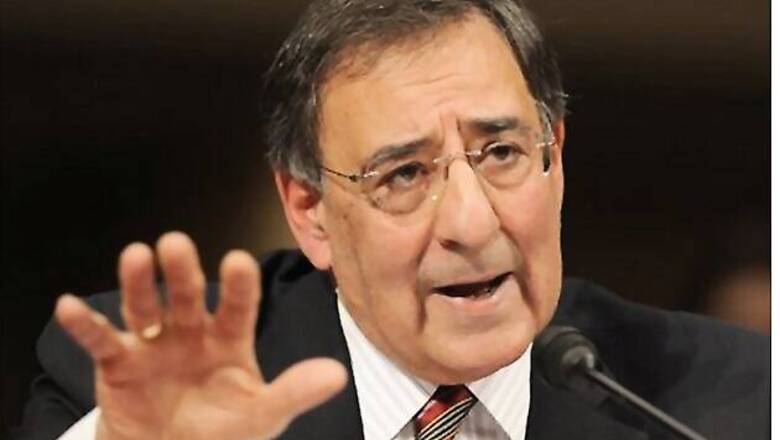
views
Washington: The United States does not believe Israel has made a decision on whether to attack Iran over its nuclear program, US Defense Secretary Leon Panetta said on Tuesday, following sharp rhetoric from Israeli officials that has put financial markets on edge.
Panetta, who visited Israel two weeks ago, told reporters at the Pentagon it was important that military action be the "last resort" and said there was still time for sanctions and diplomatic pressure to work.
That contrasts with Israeli warnings in recent days about the possibility of a strike. Israel's envoy to Washington, Michael Oren, said on Monday in a CNN interview that the window of time before the need to resort to military action was "small and the window is getting smaller." He acknowledged that Israel's clock was ticking faster than Washington's.
Asked about comments by Israeli officials, Panetta said: "I don't believe they've made a decision as to whether or not they will go in and attack Iran at this time."
"With regards to the issue of where we're at from a diplomatic point of view, the reality is that we still think there is room to continue to negotiate," he said.
Tehran says its nuclear ambitions are peaceful and has threatened wide-ranging reprisals if attacked. A muscular response from Tehran would increase the likelihood that the United States would be drawn into any conflict.
Israel's financial markets fell sharply on Monday in response to the intensifying debate on the prospect of going to war with Iran, although some of those losses were recovered on Tuesday.
General Martin Dempsey, the chairman of the US military's Joint Chiefs of Staff, cautioned that any Israeli strike would not destroy Iran's nuclear program, only delay its work.
"I may not know about all of their capabilities but I think that it's a fair characterization to say that they could delay but not destroy Iran's nuclear capabilities," he said.
US officials have stressed that Washington could deal a decisive blow to Iran's nuclear sites, if necessary, and will not allow Tehran to obtain a nuclear weapon. It's unclear whether those assurances will be enough to forestall Israeli action.
For Israel to carry out a long-threatened strike on Iranian nuclear sites, it would have to overcome dissent within its governing coalition that reflects public fear of igniting an unprecedented missile war.
Prime Minister Benjamin Netanyahu says that scenario would be "dwarfed" by the prospect of an Iranian bomb, which he describes as tantamount to a second Holocaust - language that seems to herald a Jewish call to arms.
But the popular, conservative leader has not proven very persuasive. While surveys show a growing minority - now 32 to 35 per cent - of Israelis favor taking Iran on alone, more are opposed. Around a quarter are undecided.



















Comments
0 comment